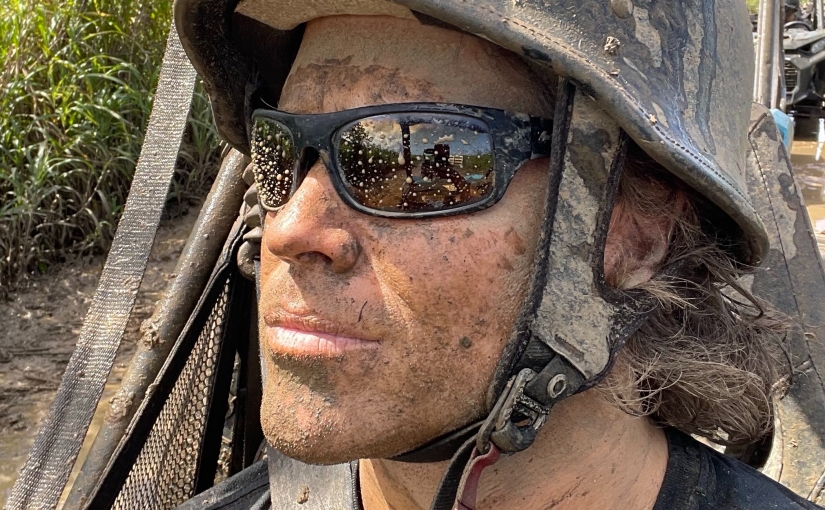Your self-improvement work is not obvious work. It is not showy. No one can watch you do it. It would be pretty boring to watch in a zoo. Or in a red-light district. Because it happens on the inside. In fact, the most important work you do is changing your mindset, your beliefs and your habits. And not just changing. Upgrading.
Upgrading Yourself
Upgrading your thoughts is big. Upgrading your responses is huge. Upgrading your whole operating system changes everything.
This is why education is so important. It exposes you to new ideas that you can incorporate into your own thinking. But it is not enough to educate. The application is where the value appears. So you must first understand that there is a better way, then act in that better way. This is the basic plot of the movie Billy Madison. (This classic film also includes important reminders of the power of nepotism and some top-shelf potty humor.)
The More You Learn…
Develop the habit of learning new ideas. This is done through curiosity and a desire for self-improvement. It will lead you to seek and find new and better sources of information. You’ll find it in classes, books, articles, podcasts, blogs, videos, experts, and fortune cookies. (And even in books about fortune cookies.)
Apply Your Knowledge
Once you have better information, it becomes knowledge. Applying your knowledge in your various roles makes you a more valuable contributor.
Think about everything that you know you should do today. Eat right. Sleep well. Exercise. Read. Work in focused and productive ways. Invest in your relationships. Invest your money. Give back. See a doctor. Floss. Close your barn door. You and everyone else on the planet know that you should be doing those things.
But are you doing them?
There are two types of people:
- People who know the basic actions they should take. (This includes nearly everyone.)
- People who take the basic actions they know they should take. (This includes far less than everyone.)
This means that basic action is the great separator of people. But go beyond the basics. The things everyone knows they should do. Self-education helps you level up. It helps you discover the other things should you be doing if you want to be even more valuable in your career, as a spouse, parent, or friend. What is the next level of health and fitness? What is the next level of investing? Or productivity? Or spiritual enlightenment? That knowledge comes from more curiosity and more self-directed learning.
Just like a pyramid, that may or may not have been built by aliens, there are fewer and fewer people at each level as you ascend. Which means that the success pyramid is really a matter of attaining knowledge and then applying that knowledge. To take a full step higher you have to do both: attain and apply. Because it is the person who applies their new knowledge and self-improvement that is ultimately successful.
Key Takeaway
Always be learning. Educate yourself on new and better approaches to all areas of life and work. This is the invisible work of self-improvement. Then put that knowledge into action. And when you do it will change your life in ways that everyone will see.
*If you know someone who could benefit from this message, please share it with them.
+For more of the best life lessons I have learned check out my book, What Does Your Fortune Cookie Say? from Ripples Media.














